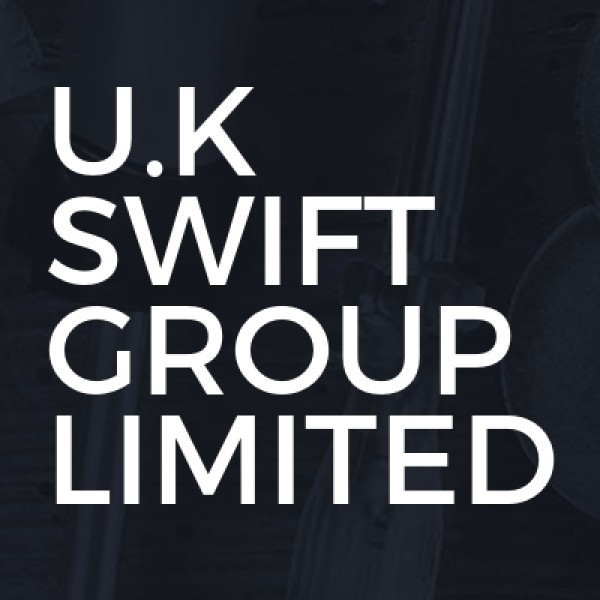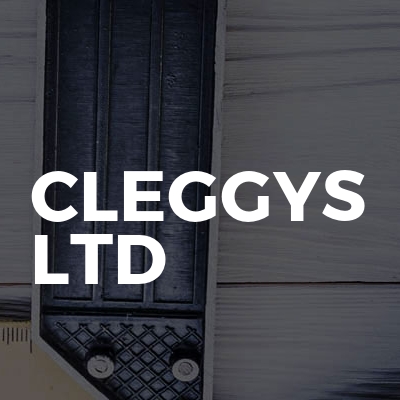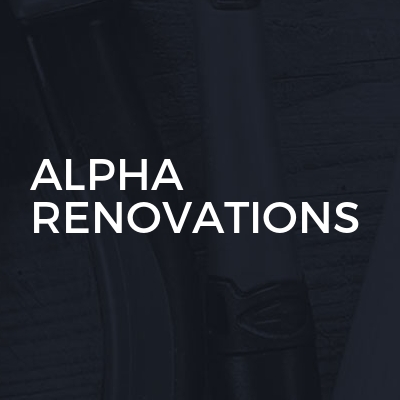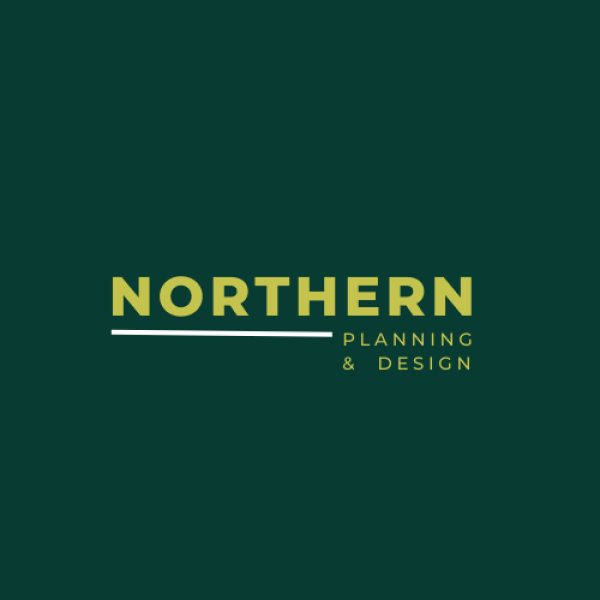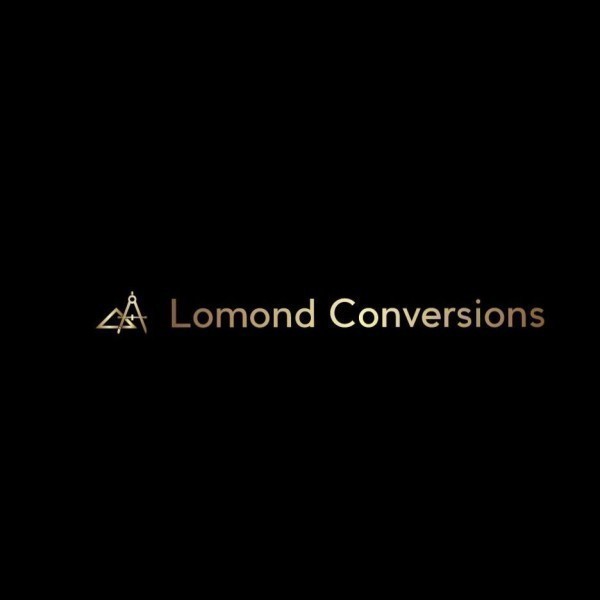Loft Conversions in Pontefract
Filter your search
Post your job FREE and let trades come to you
Save time by filling out our simple job post form today and your job will be sent to trades in your area so you can sit back, relax and wait for available trades to contact you.
Post your job FREESearch Loft Conversions in places nearby
- Loft Conversions in Baildon
- Loft Conversions in Batley
- Loft Conversions in Bingley
- Loft Conversions in Bradford
- Loft Conversions in Brighouse
- Loft Conversions in Castleford
- Loft Conversions in Cleckheaton
- Loft Conversions in Dewsbury
- Loft Conversions in Elland
- Loft Conversions in Featherstone
- Loft Conversions in Garforth
- Loft Conversions in Guiseley
- Loft Conversions in Halifax
- Loft Conversions in Hebden Bridge
- Loft Conversions in Heckmondwike
- Loft Conversions in Hemsworth
- Loft Conversions in Holmfirth
- Loft Conversions in Horbury
- Loft Conversions in Horsforth
- Loft Conversions in Huddersfield
- Loft Conversions in Ilkley
- Loft Conversions in Keighley
- Loft Conversions in Knottingley
- Loft Conversions in Leeds
- Loft Conversions in Liversedge
- Loft Conversions in Mirfield
- Loft Conversions in Morley
- Loft Conversions in Normanton
- Loft Conversions in Ossett
- Loft Conversions in Otley
- Loft Conversions in Pudsey
- Loft Conversions in Queensbury
- Loft Conversions in Rothwell
- Loft Conversions in Shipley
- Loft Conversions in Silsden
- Loft Conversions in Sowerby Bridge
- Loft Conversions in Todmorden
- Loft Conversions in Wakefield
- Loft Conversions in Wetherby
- Loft Conversions in Yeadon
Understanding Loft Conversions in Pontefract
Loft conversions in Pontefract have become increasingly popular as homeowners seek to maximise their living space without the hassle of moving. This charming town in West Yorkshire offers a unique blend of historical architecture and modern living, making it an ideal location for such home improvements. Let's delve into the world of loft conversions, exploring the benefits, types, planning permissions, and more.
The Benefits of Loft Conversions
Loft conversions offer a myriad of benefits, making them a worthwhile investment for many homeowners. Firstly, they significantly increase the living space within a home, providing an additional room that can be used for various purposes, such as a bedroom, office, or playroom. This is particularly beneficial in Pontefract, where property prices are on the rise, and moving to a larger home may not be feasible for everyone.
Moreover, a well-executed loft conversion can add considerable value to your property. According to property experts, a loft conversion can increase a home's value by up to 20%, making it a smart financial decision. Additionally, loft conversions are often more cost-effective than traditional extensions, as they utilise existing space without the need for extensive groundwork.
Types of Loft Conversions
There are several types of loft conversions to consider, each with its own set of advantages and suitability depending on the structure of your home. The most common types include:
- Dormer Loft Conversion: This is the most popular type, involving an extension to the existing roof to create additional headroom and floor space. Dormers are versatile and can be added to various property types.
- Mansard Loft Conversion: Typically found in older properties, this type involves altering the roof structure to create a flat roof with a back wall sloping at a steep angle. Mansard conversions offer maximum space but require significant structural changes.
- Hip to Gable Loft Conversion: Ideal for semi-detached or detached homes with a hipped roof, this conversion extends the sloping side of the roof to create a vertical wall, increasing the internal space.
- Velux Loft Conversion: Also known as a roof light conversion, this type involves installing windows into the existing roofline without altering the structure. It's the most cost-effective option but offers less additional space.
Planning Permission and Building Regulations
Before embarking on a loft conversion in Pontefract, it's crucial to understand the planning permission and building regulations involved. Generally, loft conversions fall under permitted development rights, meaning they don't require planning permission. However, there are exceptions, particularly if your property is in a conservation area or if the conversion exceeds certain size limits.
Building regulations, on the other hand, are mandatory for all loft conversions. These regulations ensure that the conversion is structurally sound, safe, and energy-efficient. Key areas covered include structural integrity, fire safety, insulation, and ventilation. It's advisable to consult with a professional architect or builder to ensure compliance with all necessary regulations.
Choosing the Right Loft Conversion Specialist
Selecting the right specialist for your loft conversion is crucial to the success of the project. Look for professionals with a proven track record in loft conversions, preferably with experience in the Pontefract area. Recommendations from friends or family can be invaluable, as can online reviews and testimonials.
When evaluating potential specialists, consider their qualifications, experience, and portfolio of past projects. It's also important to obtain detailed quotes from multiple contractors to compare costs and services. Ensure that the chosen specialist is fully insured and offers a warranty on their work for added peace of mind.
Designing Your Loft Space
The design of your loft conversion should reflect your personal style and meet your specific needs. Whether you're creating a master bedroom, a home office, or a playroom, thoughtful design is key to maximising the space. Consider factors such as natural light, storage solutions, and the overall layout to create a functional and aesthetically pleasing space.
Incorporating skylights or dormer windows can enhance natural light, making the space feel larger and more inviting. Built-in storage solutions, such as shelving or wardrobes, can help maintain a clutter-free environment. Additionally, choosing a neutral colour palette can create a sense of openness and tranquillity.
Cost Considerations for Loft Conversions
The cost of a loft conversion in Pontefract can vary significantly depending on the type of conversion, the size of the space, and the level of customisation required. On average, a basic loft conversion can cost between £20,000 and £40,000, while more complex projects, such as mansard conversions, can exceed £50,000.
It's important to budget for additional expenses, such as planning fees, building regulation costs, and any unforeseen structural work. Obtaining detailed quotes from multiple contractors can help you understand the potential costs and make informed decisions. Remember, while cost is an important factor, quality and reliability should not be compromised.
Financing Your Loft Conversion
Financing a loft conversion can be a significant consideration for many homeowners. There are several options available, including savings, remortgaging, or taking out a home improvement loan. Each option has its pros and cons, and it's important to choose the one that best suits your financial situation.
Using savings is the most straightforward option, avoiding the need for additional debt. However, if savings are insufficient, remortgaging your home can provide access to lower interest rates compared to personal loans. Alternatively, a home improvement loan can offer flexibility and quick access to funds, but typically comes with higher interest rates.
Environmental Considerations
As environmental awareness grows, many homeowners are seeking ways to make their loft conversions more sustainable. Incorporating eco-friendly materials, such as recycled insulation or sustainably sourced timber, can reduce the environmental impact of the project.
Additionally, installing energy-efficient windows and lighting can enhance the sustainability of the space. Solar panels or green roofs are also popular options for those looking to further reduce their carbon footprint. Consulting with a specialist who has experience in eco-friendly design can help you make informed choices.
Common Challenges and Solutions
While loft conversions offer numerous benefits, they can also present challenges. Common issues include limited headroom, awkward layouts, and structural constraints. However, with careful planning and expert advice, these challenges can be overcome.
For instance, limited headroom can be addressed by opting for a dormer or mansard conversion, which provides additional height. Awkward layouts can be mitigated through clever design solutions, such as custom-built furniture or open-plan layouts. Structural constraints may require professional assessment and reinforcement to ensure safety and stability.
Legal and Safety Considerations
Ensuring the legality and safety of your loft conversion is paramount. Compliance with building regulations is essential to ensure the structural integrity and safety of the space. This includes fire safety measures, such as smoke alarms and fire doors, as well as adequate insulation and ventilation.
It's also important to consider the legal implications of a loft conversion, particularly if your property is leasehold or part of a shared building. In such cases, obtaining permission from the freeholder or other relevant parties may be necessary. Consulting with a legal expert can help you navigate these complexities.
Maximising Space and Functionality
Maximising the space and functionality of your loft conversion is key to creating a versatile and enjoyable living area. Consider multi-functional furniture, such as sofa beds or fold-away desks, to make the most of the available space.
Open-plan designs can enhance the sense of space, while clever storage solutions, such as built-in shelving or under-eaves cupboards, can help maintain a tidy and organised environment. Additionally, incorporating flexible lighting options can create different moods and atmospheres, enhancing the overall functionality of the space.
Incorporating Technology in Loft Conversions
Modern technology can greatly enhance the comfort and convenience of your loft conversion. Smart home systems, such as automated lighting or climate control, can provide added convenience and energy efficiency.
Consider integrating technology into your design from the outset, ensuring that wiring and connectivity are seamlessly incorporated. This can include features such as built-in speakers, high-speed internet access, or even a home cinema system. Consulting with a technology specialist can help you explore the possibilities and make informed decisions.
Case Studies of Successful Loft Conversions in Pontefract
Examining case studies of successful loft conversions in Pontefract can provide inspiration and insight into the possibilities for your own project. Many homeowners have transformed their lofts into stunning living spaces, showcasing the potential of this type of renovation.
For example, one family converted their loft into a spacious master bedroom with an en-suite bathroom, complete with skylights and custom-built storage. Another homeowner created a bright and airy home office, incorporating eco-friendly materials and energy-efficient features. These examples highlight the versatility and creativity that can be achieved with a well-planned loft conversion.
Frequently Asked Questions
- Do I need planning permission for a loft conversion in Pontefract? Generally, loft conversions fall under permitted development rights, but it's advisable to check with your local council, especially if your property is in a conservation area.
- How long does a loft conversion take? The duration can vary depending on the complexity of the project, but most loft conversions take between 6 to 12 weeks to complete.
- Can all lofts be converted? Most lofts can be converted, but factors such as headroom, roof structure, and access need to be considered. A professional assessment can determine feasibility.
- Will a loft conversion add value to my home? Yes, a loft conversion can significantly increase your property's value, often by up to 20%.
- What is the cost of a loft conversion in Pontefract? Costs can vary, but a basic conversion typically ranges from £20,000 to £40,000, with more complex projects exceeding £50,000.
- How can I make my loft conversion eco-friendly? Consider using sustainable materials, energy-efficient windows, and incorporating renewable energy sources like solar panels.
Loft conversions in Pontefract offer a fantastic opportunity to enhance your living space and add value to your home. With careful planning, expert advice, and a touch of creativity, you can transform your loft into a functional and beautiful space that meets your needs and reflects your personal style.












